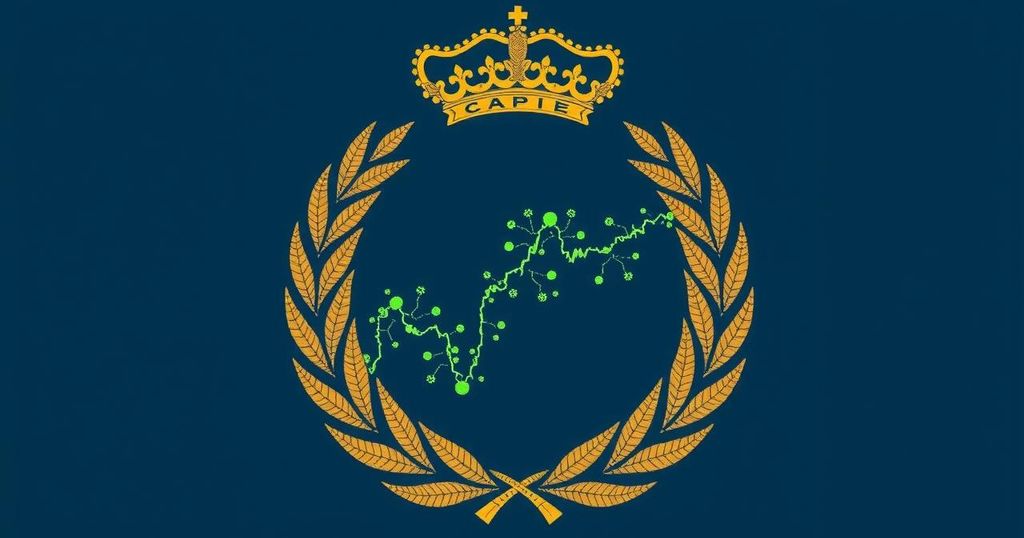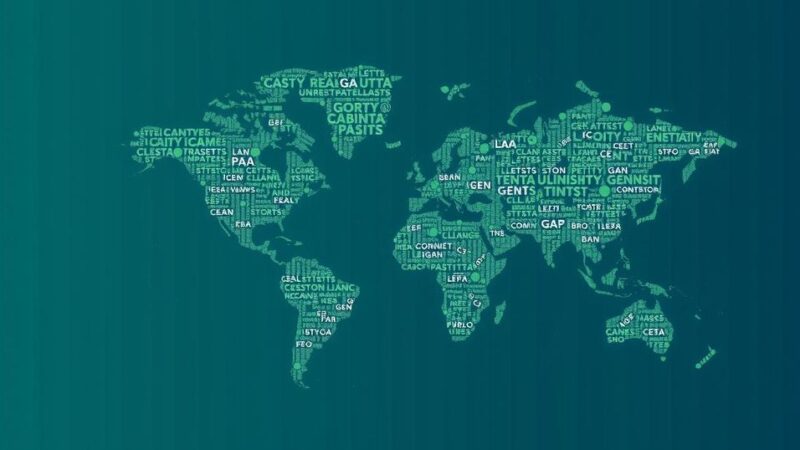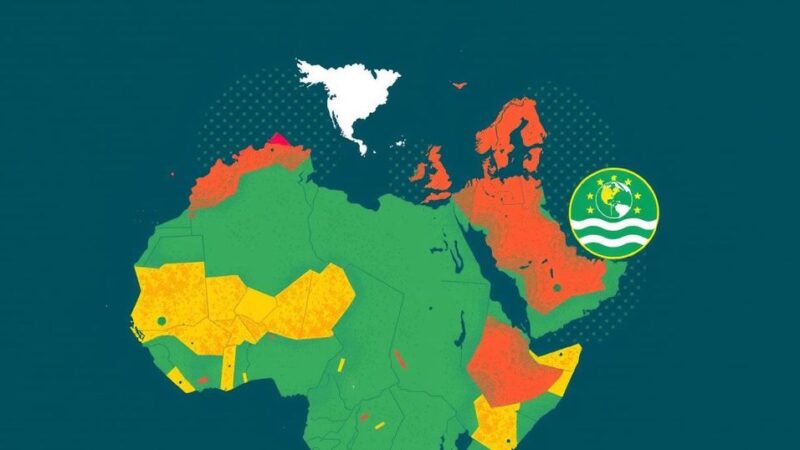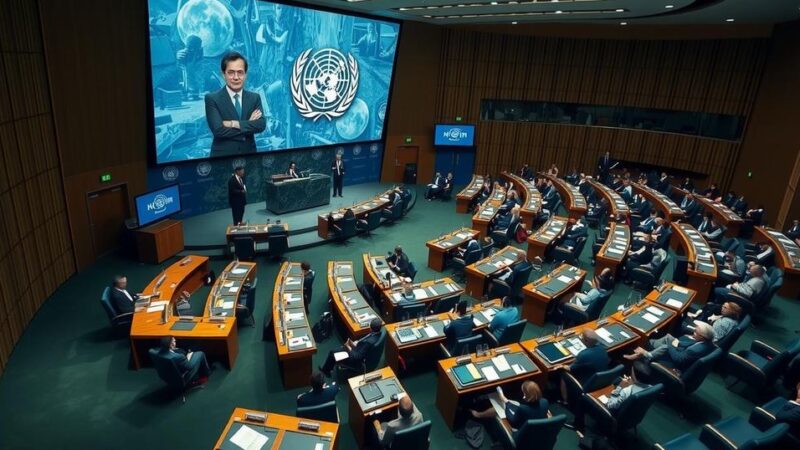At COP29, a finance deal was established to aid less-developed countries in addressing climate change, with wealthier nations pledging $300 billion annually by 2035. Critics argue this amount is insufficient compared to the $1.3 trillion requested, labeling the offer as too limited. Some leaders remain optimistic about the agreement’s potential to foster climate action, while others express deep concerns regarding its effectiveness.
The recent COP29 summit concluded with a financial commitment aimed at assisting less-developed countries combat climate change; however, the $300 billion pledge has drawn significant criticism for being insufficient relative to the immense challenge of climate vulnerability. Negotiations, which extended over 30 hours in Azerbaijan, resulted in wealthier nations agreeing to escalate their contributions to this target by the year 2035. Despite these developments, concerns persist regarding whether this amount, requested by poorer nations, pales in comparison to the sought-after $1.3 trillion needed for effective climate intervention.
Responses from various leaders highlight the disparity in perceptions surrounding the agreement. The African Group of Negotiators expressed disappointment, characterizing the offer as “too little, too late,” while India’s representative referred to the $300 billion as a “paltry sum.” Charitable organizations have similarly cautioned that such financial commitments fall short, particularly for those countries facing the harshest impacts of climate change. Contrarily, some global leaders maintain that this agreement signifies progress. President Biden stated, “While there is still substantial work ahead of us to achieve our climate goals, today’s outcome puts us one significant step closer.” In a similar vein, EU Climate Commissioner Wopke Hoekstra hailed COP29 as a potential turning point for climate finance, describing the deal as both “an ambitious and realistic goal” that expanded the base of contributors. Despite initial expectations for a more aggressive financial and mitigation outcome, UN Secretary General Antonio Guterres acknowledged the agreement as a foundational step for future progress.
COP29 marked a pivotal moment in global climate negotiations, bringing together nations to address the urgent financial needs of less-developed countries as they confront climate change impacts. The summit was aimed at establishing a new framework for climate finance, highlighting the tensions between developing and developed countries regarding financial responsibilities. The devastating consequences of climate change for poorer nations have led to calls for increased funding to manage adaptation and mitigation strategies. As discussions unfolded, the gap between the funding demands of developing nations and the commitments made by their wealthier counterparts became increasingly pronounced, sparking widespread criticism and concern among stakeholders.
In conclusion, the financial agreement reached at COP29 to provide $300 billion annually by 2035 for less-developed countries has been met with substantial criticism for being inadequate in the face of the climate crisis. While leaders such as President Biden and Commissioner Hoekstra emphasize the importance of the agreement as a step forward, many nations and organizations contend that greater financial commitments are essential to effectively support those most vulnerable in the battle against climate change. The divergent responses to the deal illustrate the ongoing challenges in achieving consensus on climate finance initiatives.
Original Source: en.armradio.am






